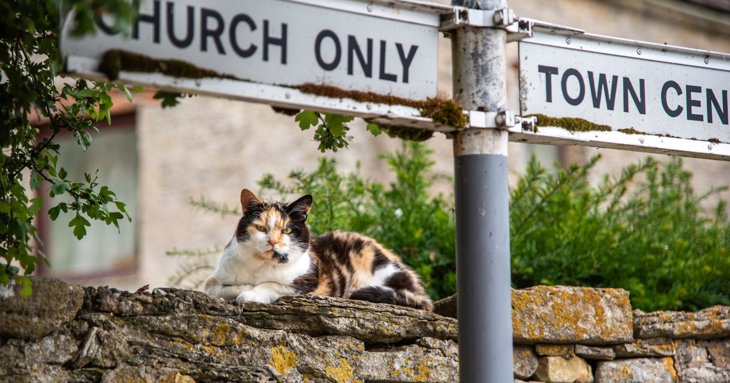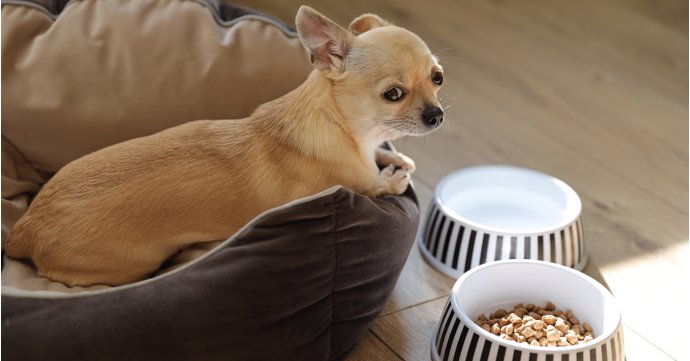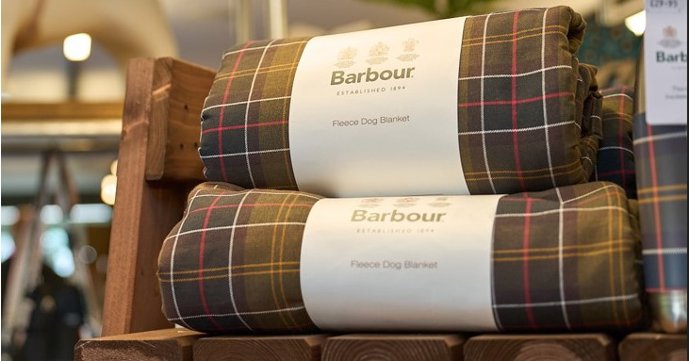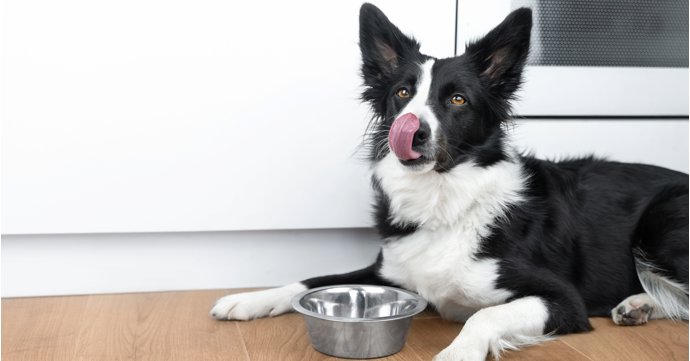With health benefits ranging from improved digestion to less shedding — goodbye hairballs! — an increasing number of cat owners are following the raw feeding movement and putting their felines on raw food diets.
SoGlos hears from Cotswold RAW, a passionate pet food provider which creates nutrient-rich, biologically appropriate raw food for cats, sharing seven things you should know about feeding your cat raw.
Raw food replicates a cat's natural diet
Cats are obligate carnivores, which means they can't digest vegetation properly and need a diet packed with high-quality protein to get the vitamins and minerals they need. A complete raw food diet replicates the kind of food your cat would naturally consume, while commercial pet food can be heat processed and full of grain — making it convenient for humans but not so nutritious for cats.
Raw food can reduce hairballs
Healthy skin, healthy coat! Raw food is packed with essential, anti-inflammatory fatty acids like omega-3 and omega-6, which can improve cats' skin. In turn, raw feeding can help to boost the condition of their fur, meaning they'll be able to groom themselves without ingesting as much loose hair. And if a hairball does happen to form, their improved gut motility should mean it can pass through without any issues.
Cats don't need carbohydrates
Although they can eat them, a carbohydrate-heavy diet isn't ideal for cats because they lack the enzymes needed to digest them. With no carbs to be found, raw food is high in protein and moisture content, helping cats to lose fat and maintain muscle — and because they're getting all the nutrients they need, they're less likely to overeat, reducing the likelihood of obesity and associated health concerns.
Raw food keeps cats' teeth naturally clean
Made up of raw meat, finely-ground raw bone and connective tissue, raw food helps to keep cats' teeth clean by promoting a healthier oral microbiome and reducing the likelihood of plaque build-up and dental diseases. The connective tissue is also a source glucosamine, chondroitin and collagen, which support a cat’s joints as they age, while raw bones provide calcium and phosphorous for a strong skeletal system.
Cats need a high-moisture diet
Felines aren't very thirsty creatures, so the high-moisture content of a raw food diet can help them stay hydrated — preventing chronic dehydration, urinary tract inflammation and subsequent urinary and kidney diseases. It mimics the natural diet of a cat, where the water they consume is obtained through the prey they hunt and eat.
Cats can digest raw food in just 12 hours
Thanks to their short digestive tract and the nutritional quality of raw food, cats can digest it in approximately 12 hours — which, combined with their highly acidic stomach, means bacteria doesn't get much chance to proliferate in their gut. What helps is that raw food is highly digestible compared to heat-processed food, where the cooking process affects the bioavailability of vitamins and mineral content.
Raw food is litter tray-friendly
The greater the digestibility of their food; the greater the quality of your cat's poo! So much of the food consumed in a raw food diet is used by the body, that it means cats don't need to empty their bowels as often. Some owners have reported their cats' stools aren't as smelly, too, so it's good news for anyone that cleans out the litter tray!





















